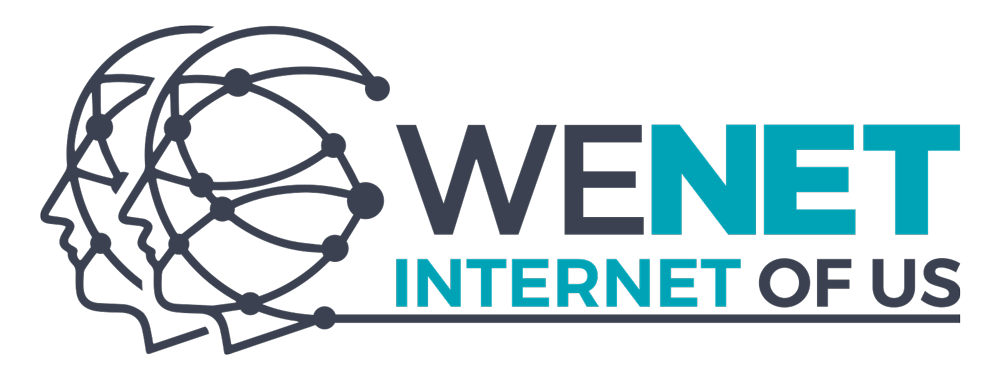Open Call takeaways from the winners: Fundación Cibervoluntarios
As the experimentation projects of our Open Call winners came to a closure, we checked back with them to expand on their background and motivations to participate, and to collect stories on their experience within the programme: what they’ve been up to and how WeNet connected with them and helped them to carry on their activities.
Here below, our one-to-one exchange with Fundación Cibervoluntarios.
Could you tell us about your organisation’s background?
We are a Spanish NGO with international Scope, pioneers since 2001 in the social use of technologies to generate digital empowerment through citizen participation and technological volunteering. We promote the use and knowledge of technology as a means to alleviate social rights, generate social innovation and favour citizens rights by enhancing their opportunities. We currently have a network of more than 1,800 cybervolunteers and collaborate directly with more than 1,300 grassroots organisations, both public and private, all-over Spain, including rural areas. Thanks to our activities, we can reach about 60,000 people annually through free digital skill training activities and events. The Foundation pursues to ensure that all people have the opportunity to access, learn about and use technologies as a means to improve any aspect of their lives or their environment, and ensure their rights. These networks act as social living labs, using new digital tools and ideas with social impact to achieve the goals of the 2030 Agenda.
What attracted you to WeNet’s Open Call?
In March 2020, dure to the lockdown caused by the COVID-19 pandemic, the Foundation set up a helpline to provide support to citizens having doubts or problems related to technology, on any device (computer, smartphone, tablet, …) and its connection, connectivity, configuration, use or cybersecurity issues. This helpline works thanks to the support of the cybervolunteers collaborating with the Foundation, that help to solve the citizens’ ICT-related doubts, and it is mediated by the Foundation’s staff. At the time of the publication of WeNet’s open call, an exchange was taking place through the website of Fundación Cibervoluntarios and the team, reflecting about how to ease the interaction between the two actors, in order to smooth the consulting and answering of doubts through the existing helpline.
Once we were made aware of WeNet’s open call – and of the Ask4Help app’s testing – through one of the partners of the consortium, this sounded like a great chance to test a new way of interaction between the askers and the community of responders, the cybervolunteers. Towards the WeNet’s project, the benefits of this action were considered to be threefold: 1) piloting the Ask4Help app in an existing context, by applying it to current processes within the Foundation; 2) getting the opportunity of having an open interaction with real topics between askers and responders within a “controlled” sample; 3) access to a wide variety of profiles (students, middle-aged and elderly people) both within the cybervolunteers and the citizens placing the questions.
How did the experience contribute to the development of your organisation?
The main contribution has been to reaffirm the need to create a direct channel between the askers (citizens) and the responders (the community of cybervolunteers). This, mainly thanks to getting direct notifications in the mobile phone when a new question pops up, permits wider effectivity of the interaction. Even if the issue is not directly solved by the Ask4Help app, it also permitted to underline important requirements that need to be taken into account when implementing a communication channel such as Ask4Help, making use of Telegram: 1) to ensure the anonymity of both asker and responder while permitting them to directly interact with each other in order to refine the questions and the answers; 2) to permit both actors to attach images, videos, screenshots to ease a better refinement of the answers 2) to allow to build upon the answers with other members of the responders’ community; 3) to make others responses visible for all, in order to build the collective knowledge around technological questions. Thanks to this project, these elements will be considered in further developments of the helpline of Fundación Cibervoluntarios.
For more information: https://www.cibervoluntarios.org/





